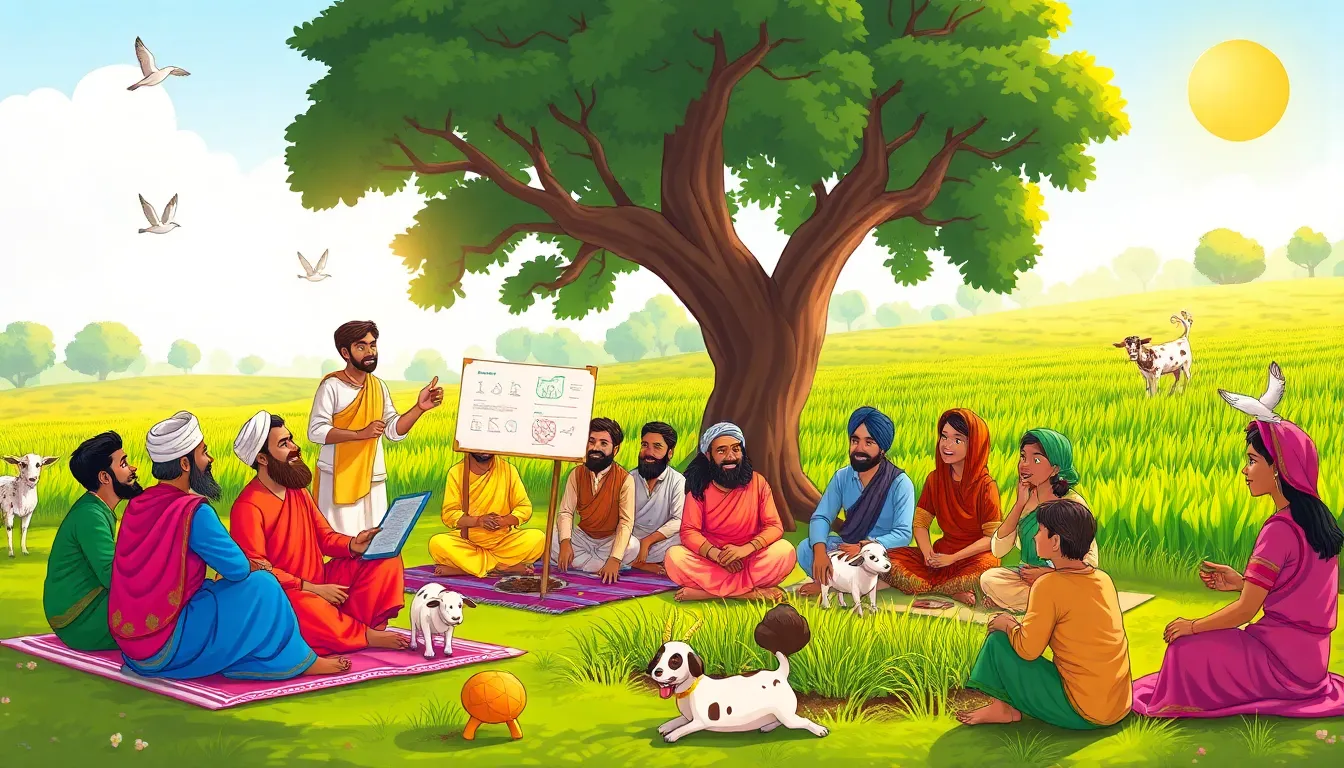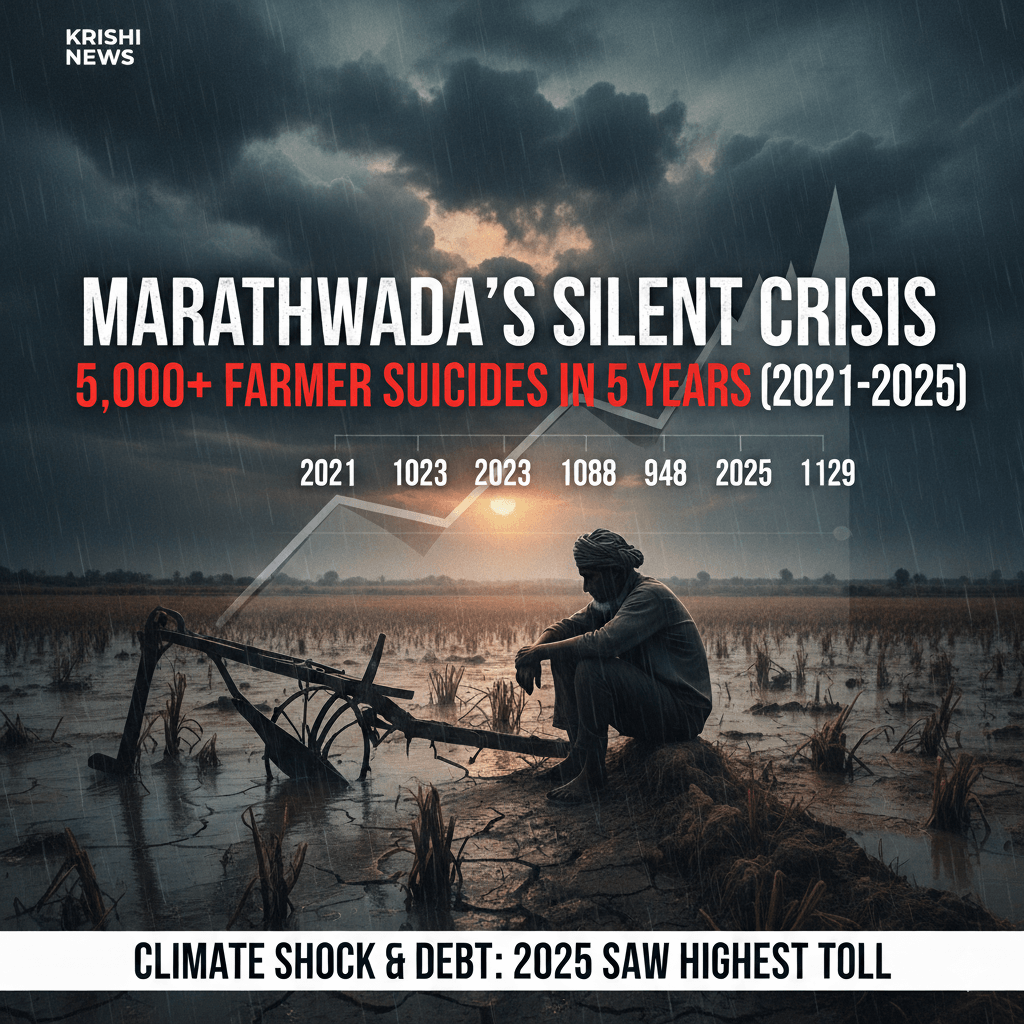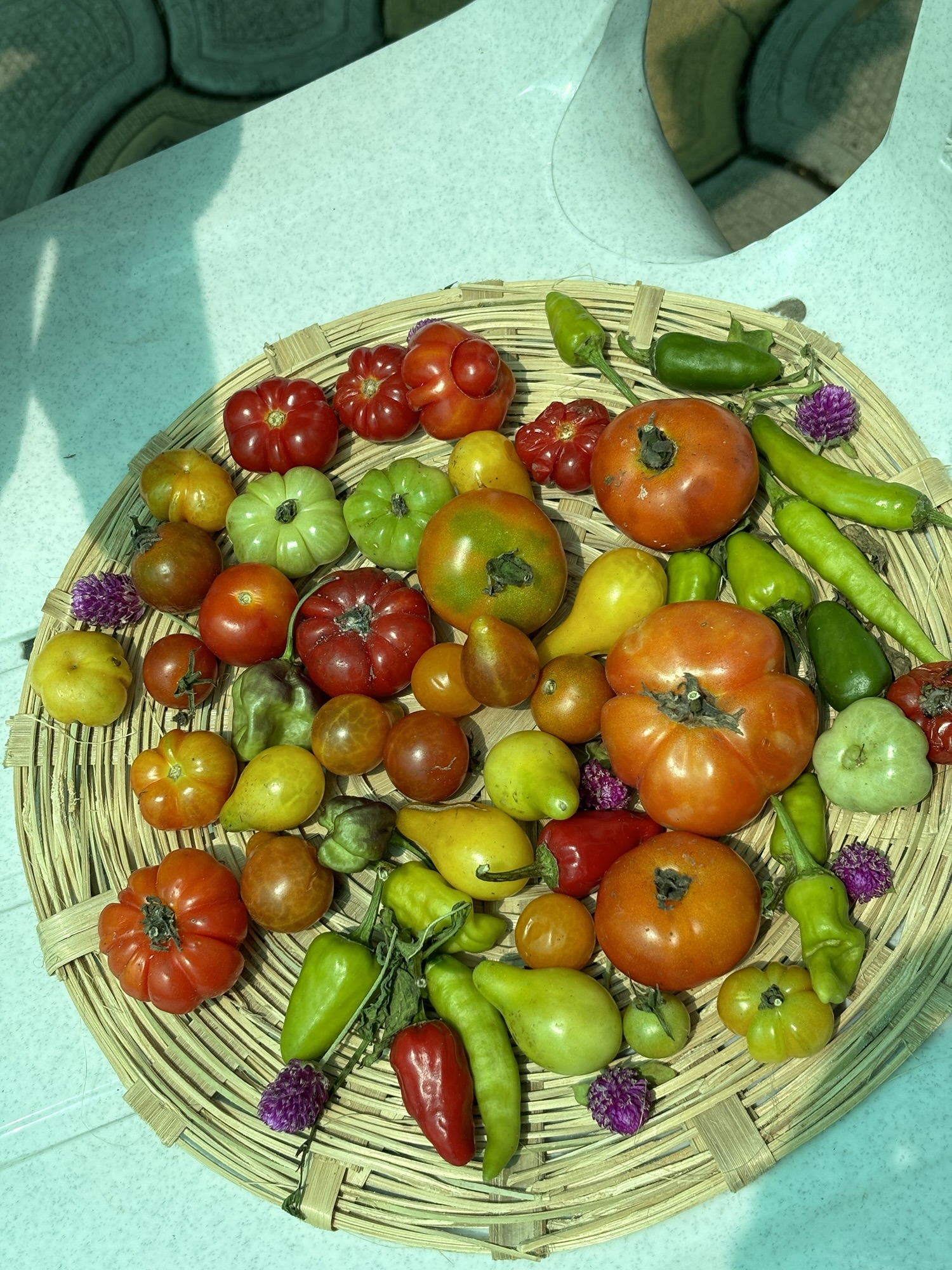In recent years, agriculture has faced many challenges. Farmers often struggle with outdated methods and lack proper support. To combat this, Prof. Chittaranjan Kole has introduced a new concept called the ‘Farmers’ Academy.’ This idea focuses on empowering farmers by involving them in education, research, and extension services. The goal is to create an agricultural system that is truly ‘of the farmers, by the farmers, and for the farmers.’
Prof. Kole is a respected scientist with over 35 years of experience. He has made significant contributions in fields like genomics and biotechnology. His work has earned him many awards, including the Outstanding Crop Scientist Award in 2012. His expertise makes him a strong advocate for a change in how agricultural education is approached.
The Farmers’ Academy is a bottom-up approach, which means it prioritizes farmers’ needs and knowledge. Unlike traditional systems that often impose solutions from the top down, this academy aims to put farmers at the centre of the decision-making process. It offers a framework to enhance agricultural education and research. Currently, this model is being tested successfully in West Bengal, India.
The concept is rooted in the belief that farmers know their challenges best. They can provide insights that researchers and policymakers may overlook. By involving farmers in creating educational curricula and research agendas, the Farmers’ Academy aims to address practical issues directly affecting agricultural productivity.
The academy also plans to organise capacity-building programs. These will focus on climate-smart agriculture and sustainable farming practices. Farmers will learn how to adapt to climate change, manage pests, and improve their marketing strategies. Additionally, the academy will facilitate better research and development efforts, ensuring that farmers receive the latest scientific knowledge.
One of the main goals is to achieve five key securities: food, health, nutrition, energy, and environmental security. These are essential for sustainable agriculture and the well-being of communities. The Farmers’ Academy intends to equip farmers with the skills necessary to meet these needs.
Furthermore, the initiative encourages collaboration among farmers. By forming groups, or farmer producer organisations, they can work together to share resources, information, and support. This collective approach can strengthen their bargaining power in the market and improve their livelihoods.
Prof. Kole’s vision is not just about education; it is about creating a supportive network for farmers. By bringing together experts, researchers, and farmers, the academy aims to foster innovation and practical solutions.
However, implementing this vision does come with challenges. There may be resistance from traditional institutions that are used to the old ways of doing things. Additionally, securing funding and resources will be vital to establish the Farmers’ Academy on a larger scale.
Despite these hurdles, the potential benefits are immense. If successful, the Farmers’ Academy could serve as a model for agricultural education worldwide. It could inspire similar initiatives in other regions and countries, leading to widespread improvements in farming practices.
In conclusion, Prof. Chittaranjan Kole’s Farmers’ Academy represents a significant shift in agricultural education. By putting farmers at the heart of the process, this initiative aims to create a more sustainable and effective agricultural system. As we look to the future, the success of this model could redefine the relationship between farmers and the agricultural community, making it truly collaborative and empowering. Through education and innovation, we can help farmers thrive in a rapidly changing world.





